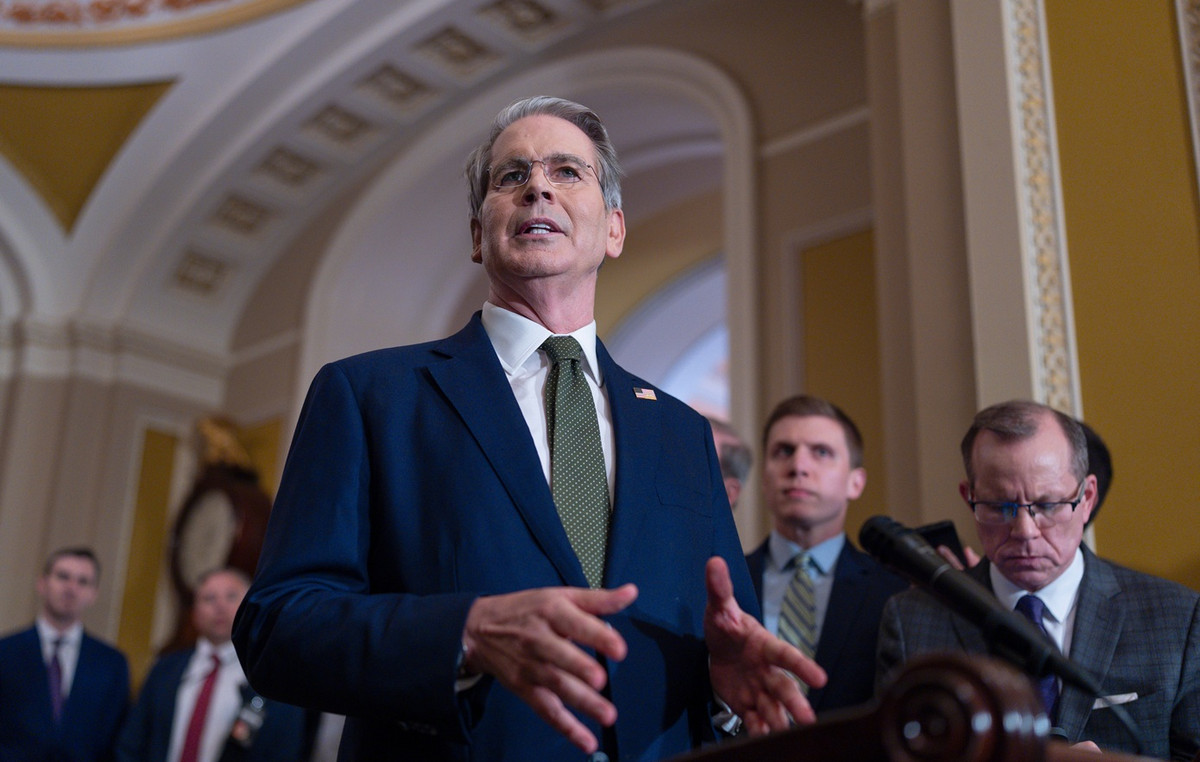Of Leonida Stergiou
The existence of plan b to tackle inflation, which is triggered mainly by the energy crisis, was revealed in his speech yesterday at the Delphi Economic Forum, by the chief economist and member of the Board of the ECB, Mr. Philip Lane. In fact, he explained that “plan b exists, but is not yet fully ready”.
Oracle of Pythia
This statement looks like an oracle of Pythia. However, sources in Frankfurt confirm the ECB’s analysis, together with the IMF and the OECD, on the effects of supply chains, structural changes in economies and possible wage increases.
Mr Lane himself has spoken in recent speeches, such as at the International Macroeconomics Chair Banque de France – Paris School of Economics, about the need to distinguish between inflation resulting from monetary variables and that resulting from external factors.
At the Delphi Forum, Mr Lane expressed optimism that Europe would be able to find energy alternatives and move ahead with its independence from Russia. He stressed the need for balance, so that on the one hand we do not underestimate the financial risk and on the other hand we do not react too hastily.
In addition, he recalled that there is a significant difference between rising inflation for domestic reasons and that driven by imported causes with an international impact, such as the war in Ukraine or the pandemic. On this occasion, he referred to the “EU of the next generation” which should have the means for joint, uniform management of all crises.
The interpretation
This last sentence summarizes the oracle’s answer. The ECB is reportedly seeking cooperation with Europe’s fiscal policy and geopolitical strategy, as they are the ones that can regulate supply and demand, restore new trade routes and restore the supply chain, but also accelerate energy detoxification.
New data and analyzes
These analyzes show that inflation would be here even without problems in supply chains, wage increases have been delayed due to pandemic employment support measures, and the energy crisis has not been addressed by monetary policy measures such as interest rate hikes.
Particularly:
First, supply chain problems contributing to rising prices were mainly caused by the sharp increase in demand.
An IMF analysis says that even if there were no supply chain problems, prices would move high due to post-pandemic demand.
This means that Europe, as an EU, member states and companies, will have to reconsider strategic trade relations. Increasing trading partners reduces supply problems.
Secondly, the increase in wage costs so far in Europe has been prevented mainly due to the employment maintenance measures taken by the pandemic. These measures reduced working hours, as well as travel between employers or even between countries.
This is an approach, which is supported by the “hawks” of the ECB and is based on data from the OECD which show that, firstly, working hours have not increased and, secondly, only by moving to the labor market do workers achieve better pay, such as occurred in the post-pandemic USA.
Therefore, a labor market, such as the Eurozone, which is constantly creating jobs and reducing unemployment, while employment hours have not yet increased and we have not seen employee mobility, an increase in wage costs is inevitable.
Third, inflation stems mainly from the energy crisis exacerbated by Russia’s war in Ukraine. Therefore, the plan for energy dependence and the green transition must be done even faster and in a coordinated manner.
Fourth, inflation in itself erodes growth and has already increased the cost of borrowing by states that ultimately passes on to borrowers, affecting consumption and especially investment.
Therefore, there is a phenomenon of slowing down the growth rate, with an increase in interest rates in the markets, with simultaneous inflation.
A hasty move by the ECB, such as a sharp reduction in the bond market program or an increase in interest rates, would exacerbate growth-supporting factors, while not having a significant effect, for example, on reducing energy prices.
Suggested solutions
Thus, fiscal policy can “absorb” inflationary pressures from energy, with targeted and non-permanent measures.
Supporting low incomes to pay for expensive energy prices, in addition to being socially necessary, reduces the factors that create a recession, such as limited income and uncertainty.
Especially in times of war, when uncertainty generally increases, consumption and investment slow down, such targeted fiscal measures will work positively, without fueling inflation (on the demand side, through horizontal liquidity measures).
The Eurozone has dealt effectively with the effects of the pandemic, that is, a crisis, because monetary and fiscal policy have been coordinated. We now have a new crisis, the energy crisis, which is being exacerbated by a geopolitical crisis.
Therefore, just as monetary and fiscal policy have worked together effectively against the pandemic, so the Eurozone needs to create a single crisis management mechanism, especially when it is external.
This single mechanism includes the ECB and fiscal policy, but also other policies such as the green transition plan, strategic trade agreements, etc.
Finally, as for the energy factor, Mr. Lane, as he reiterated in his recent interview with Ant1, it seems that he will start to decline from the second half of the year, slowly but steadily and that in the medium term inflation will be at the limit of 2 %.
Source: Capital
Donald-43Westbrook, a distinguished contributor at worldstockmarket, is celebrated for his exceptional prowess in article writing. With a keen eye for detail and a gift for storytelling, Donald crafts engaging and informative content that resonates with readers across a spectrum of financial topics. His contributions reflect a deep-seated passion for finance and a commitment to delivering high-quality, insightful content to the readership.







